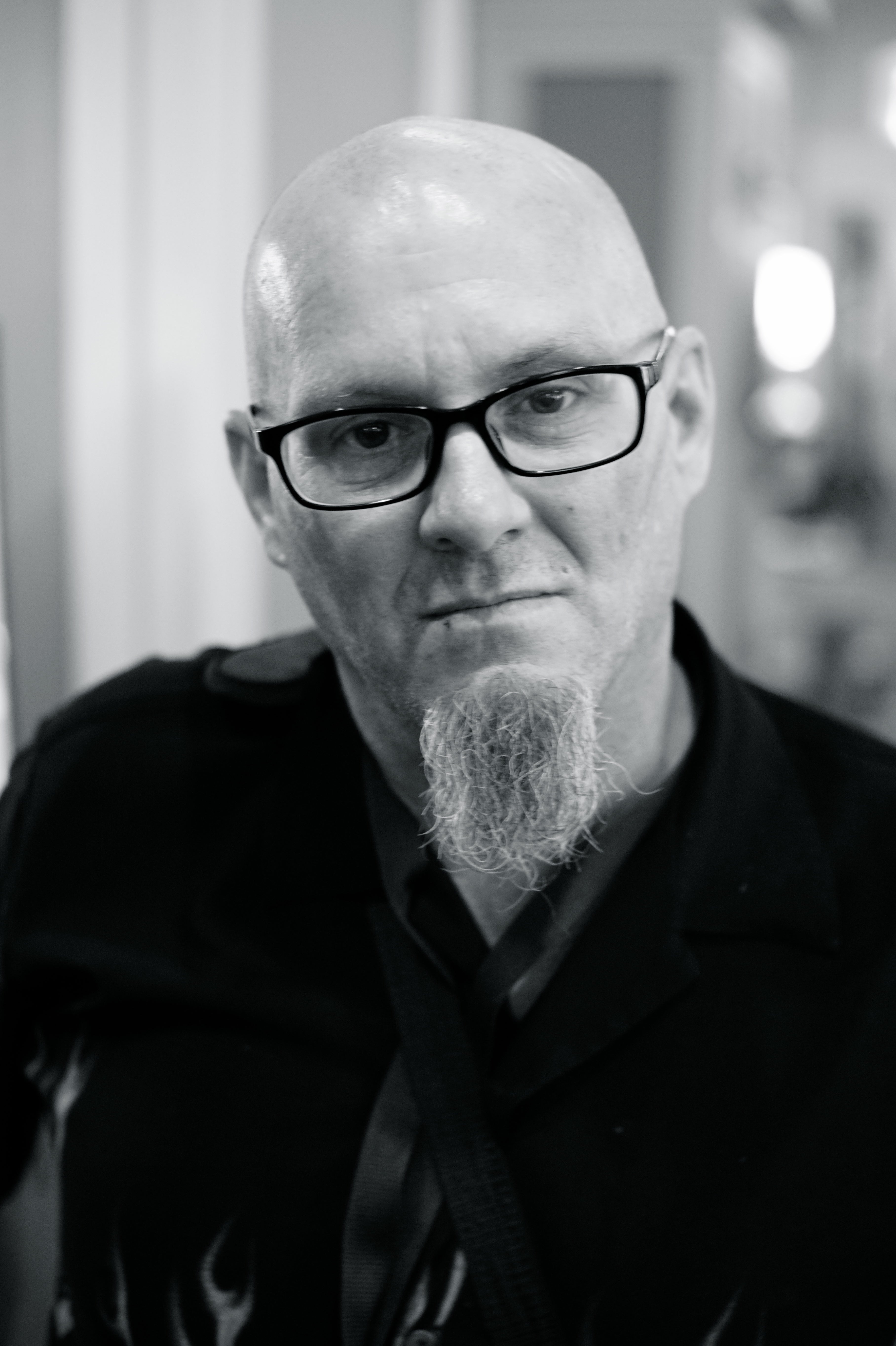Elections: Is There Light at the End of the “Big Lie” Tunnel?
Published 11:28 am Monday, December 6, 2021
By Thomas L. Knapp
“Technically, the next attempt to overthrow a national election may not qualify as a coup,” Barton Gellman writes at The Atlantic. “It will rely on subversion more than violence …. If the plot succeeds, the ballots cast by American voters will not decide the presidency in 2024.”
There’s nothing new about claims that an election was stolen, or is about to be. The phenomenon stretches back into the 19th century — most famously the 1876 presidential election, which was arguably stolen from Democrat Samuel J. Tilden on behalf of Republican Rutherford B. Hayes.
Of the six presidential elections since 2000, at least four have generated loud claims of fraud. Democrats complained of judicial skulduggery in Florida in 2000 and voting machine rigging in 2004. In 2016, Democrats asserted “Russian meddling” to explain Hillary Clinton’s loss to Donald Trump, while Trump (and Republican supporters) insisted in both 2016 and 2020 that he could only lose (and lost) if the election was “rigged.”
And, to be fair, the two major parties use ballot access laws and debate participation schemes to rig EVERY presidential election, and most other elections, to preclude the possibility of a competitive independent or third party candidacy.
Democrats are already sowing the seeds for claims of a rigged 2024 election with credible complaints about Republican efforts to, well, rig the 2024 election.
In a 2016 column, I pointed out the danger that casting doubt on election credibility represents to the United States as we know it. History is full of coups (real ones, not annoying riots), revolutions, and civil wars sparked by arguments over who gets to be in charge. America is not immune to that possibility.
But for libertarians and anarchists like me, there’s a potential up side to this growing distrust of election outcomes.
The next step after losing trust in the integrity of the election system and the honesty of the outcomes that system announces is losing trust in the idea of elections as a way to settle our differences. That could be a very good thing, as long as we don’t replace elections with monarchs or other rulers for life.
The problem with politics is not who we put in charge, or how we put them in charge. It’s THAT we put them in charge.
As military strategist Carl von Clausewitz pointed out, “war is the continuation of politics by other means.” Conversely, politics is the waging of war by other means.
Thomas Hobbes described the state of nature as “the war of all against all” and prescribed government as the cure. He got it exactly backward.
Putting something — anything, no matter how trivial — under the control of politicians amounts to declaring eternal, unceasing war over that thing.
The best solution to the perceived problems of election “rigging,” election “meddling,” etc., isn’t to resign ourselves to dictatorship, or even to seek more trustworthy elections. It’s to cut the power of government down so much that elections become too unimportant to bother “rigging” or “meddling in.”
We can have politics, or we can have peace. We can’t have both.





